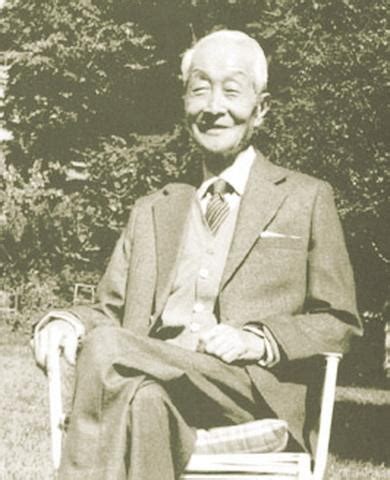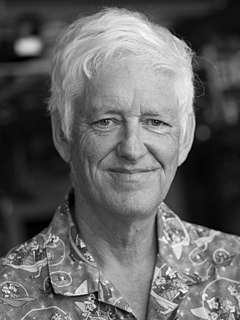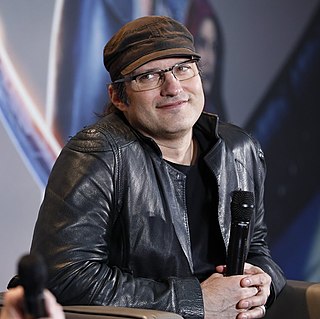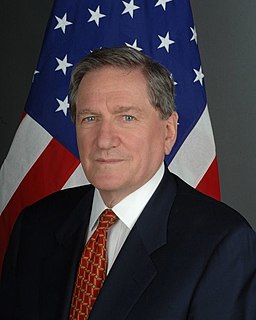A Quote by Y. C. James Yen
Technical know-how of the experts must be transformed into practical do-how of the people.
Related Quotes
I must say what I admire most is the person who masters an area of practical experience, and can teach me something. I mean, my local midwife has taught me how to keep bees. Well, she can't understand anything I write. And I find myself liking her, may I say, more than most poets. And among my friends I find people who know all about boats or know all about certain sports, or how to cut somebody open and remove an organ. I'm fascinated by this mastery of the practical.
I have a good sense of my body in a bathing suit around people who appreciate what I'm doing, like a contest. Then I'm proud. On television I am proud. But on a beach most people are not experts. The general public doesn't know how to look. How proud can you be when they don't even know what they're looking at?
How can you make informed decisions ... ? The key seems to be to gather experts who are knowledgeable and passionate about the subject matter, and have them cooperatively discuss a series of questions designed to explore the limits of technical feasibility.
They must strive to reach the best decision rather than to persuade each other.
We know how to be doctors, nurses, lawyers. We know how to be tweeters. We know how to be everything. But how do you just be people? How do you be present with one another? How do you be honest with one another? How do you be compassionate towards one another, forgiving towards one another? We know what to do. We don't know what to be, how to be.
In my own life, I found that whenever I wasn't sure what to do next, I would go and learn a lot, read a lot, talk to experts. I don't know how the human brain works, but it's almost magical: when you read enough or talk to enough experts, when you have enough inputs, new ideas start appearing. This seems to happen for a lot of people that I know.
"Spirituality" in business sounds lofty. How practical is it? The answer is "very." There's a fundamental way in which Spirit and consciousness contribute to worldly success-and it has long been ignored. [. . .] As experts, authors and gurus often note, the game of business is to influence the external world. But here's the point: How can you control your environment if you can't even manage your own thoughts and emotions? In other words, how do you rule the world without first mastering yourself? The cornerstone of effective leadership is self-mastery.
I cannot emphasize enough how wrongheaded this is. Withholding criticism and ignoring differences are racism in its purest form. Yet these cultural experts fail to notice that, through their anxious avoidance of criticizing non-Western countries, they trap the people who represent these cultures in a state of backwardness. The experts may have the best of intentions, but as we all know, the road to hell is paved with good intentions.































